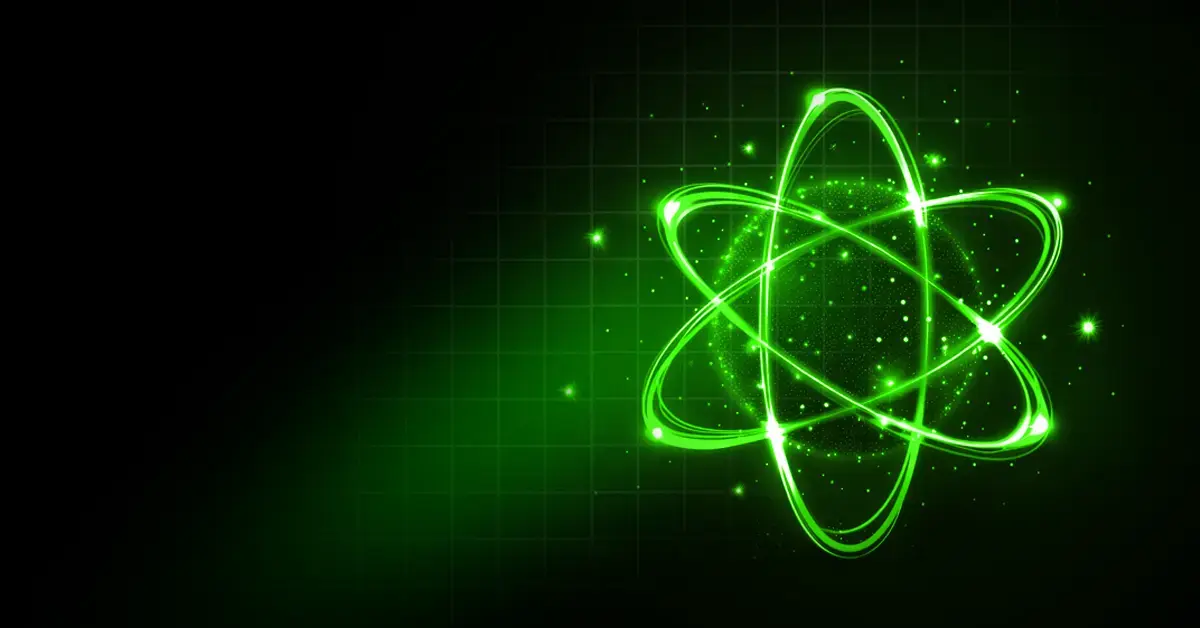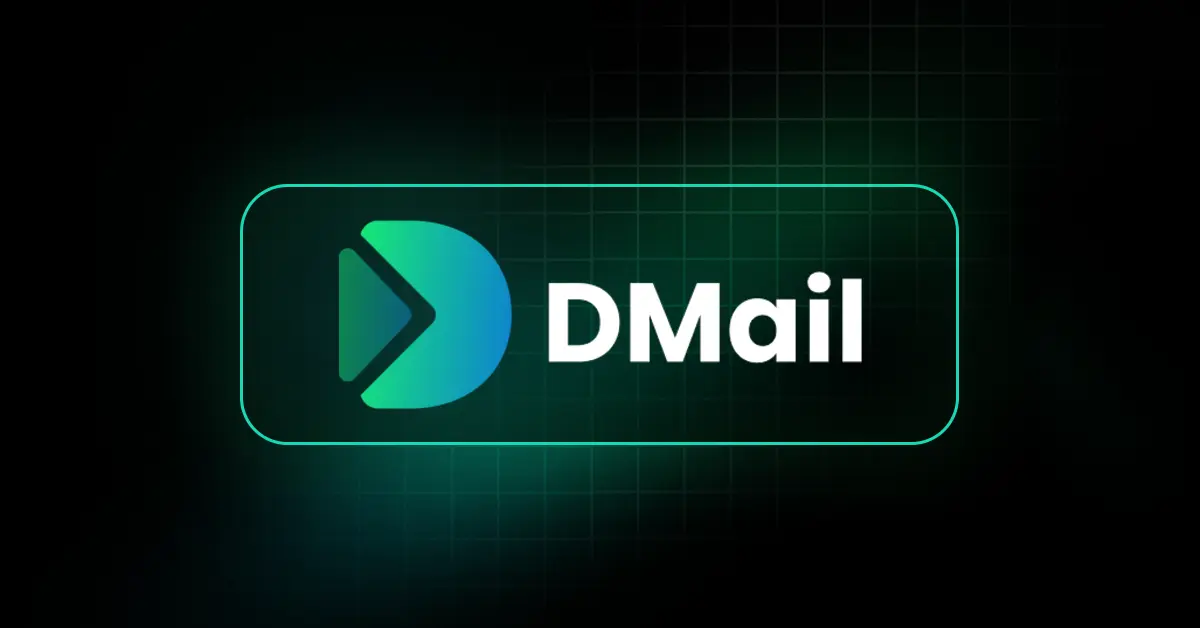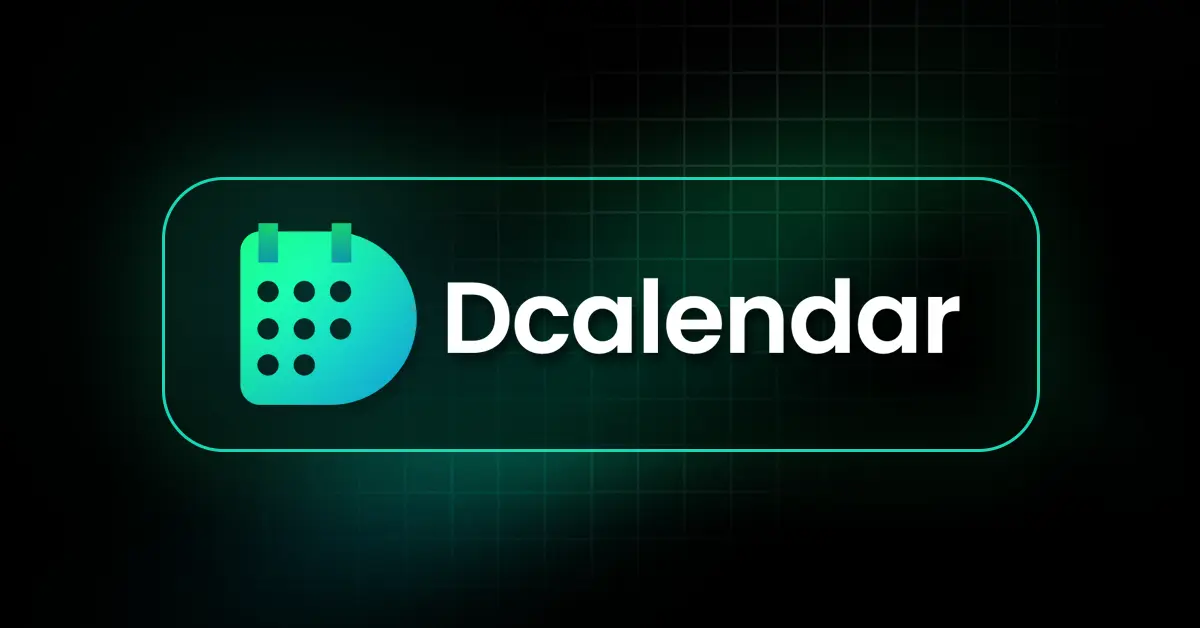
NCOG is committed to making you quantum-safe across your entire digital footprint.
Built on next-gen cryptography (CRYSTALS-Dilithium and SHA-3), NCOG leads the post quantum blockchain with a dedicated focus on security, carbon neutrality, and sustainability. This technology is engineered to withstand advanced quantum attacks, protecting encrypted communications, transactions, signatures, smart contracts, and other sensitive data.
Quantum Computers: A Rising Threat to the World
It was early 1980s when the concept of quantum computers was introduced by scientists (Richard Feynman and David Deutsch). They believed that the application of quantum mechanics in computers could make them supercomputers capable of performing complex computations faster than classical, binary systems.
And, they were right! Shor’s and Grover’s quantum algorithms proved them right, as these algorithms took just hours for complex problem-solving that would take years with classical computers. But soon, the technology became alarming in the 1990s, when mathematician Peter Shor proved that quantum computers could easily break RSA encryption, the very first digital security.
Is quantum computing a threat to your digital ecosystem? Unfortunately, yes!
Quantum computers open the door for hackers to attack your digital ecosystem using Grover’s and Shor’s algorithms. Also, hackers use other algorithms such as RSA, ECC, and some forms of hashing that are nearly impossible for classical computers to solve. It means in the coming few years, when powerful quantum computers become available easily, they could decrypt any encrypted data, be it your bank details, passwords, personal emails, or any other form of personal data.
Moreover, quantum attackers could derive private keys from public ones, to forge transactions, access wallets, and rewrite blockchain histories. According to Deloitte, encrypted data stored today could be hacked or changed in the future with quantum computers.
So, what’s the solution to quantum computing hacking?
The answer is post-quantum blockchain. This is next-generation blockchain technology that integrates quantum-resistant cryptographic algorithms to protect you from future quantum computer threats.
Are You Ready for Post Quantum Blockchain?
NCOG makes you post quantum ready. Our sustainable and advanced blockchain technology has the power to secure you against the threat posed by future advancements in quantum computing. It makes you quantum-ready, as its CRYSTALS-Dilithium and SHA-3 algorithms can easily mitigate quantum attacks. Regular security audits, code optimization, and hardening practices are conducted to identify and mitigate vulnerabilities. Additionally, quantum-resistant oracles and upgrade mechanisms are integrated in NCOG Earth Chain to maintain the security and integrity of smart contracts, ensuring they remain robust against both classical and quantum attacks.
Moreover, NCOG aims to set new standards in the blockchain industry by incorporating renewable energy and fostering community engagement. Additionally, this technology employs a combination of Proof of Stake (PoS) systems, Directed Acyclic Graph (DAG) structures, and the Forest Protocol to establish a secure, low-energy, and highly scalable blockchain environment.
Characteristics of CRYSTALS-Dilithium and SHA-3 algorithms
CRYSTALS-Dilithium
It is a lattice-based signature scheme that is a component of the CRYSTALS. NIST selected it as a primary digital signature scheme to fight against quantum attacks. Here are its characteristics:
Quantum-proof security: CRYSTALS-Dilithium is built on advanced math problems that even quantum computers can’t easily solve. Moreover, this algorithm depends on the hardness of three computational issues: Module Learning with Errors (MLWE), Module Short Integer Solution (MSIS), and SelfTargetMSIS, which makes it quantum-proof. It can easily resist powerful attacks like those enabled by Shor’s algorithm.
Fast and efficient: While offering strong protection, Dilithium is also a lightweight and fast algorithm. With it, you can quickly generate and verify many digital signatures, which makes it best for everyday use in blockchain networks, mobile apps, government documents, and more. In a study, performance improvements of over 80% have been found with the Dilithium algorithm.
Easy to use: With relatively compact key and signature sizes, Dilithium is easy to implement across different devices, including smartphones and embedded systems. You don’t need a number of processors and processing power to use it.
SHA-3
SHA-3 is a hashing algorithm that is used in the cryptography of modern computers to protect sensitive data and to maintain system security. It consists of six hash functions with digests (hash values) that are 128, 224, 256, 384, or 512 bits. Here are some of its characteristics:
Reliable: SHA-3 is a hashing algorithm that keeps your data safe and quantum-proof. It’s designed to withstand heavy cyber attacks that could be accelerated by quantum algorithms such as Grover’s.
Versatile: Unlike older hash algorithms, SHA-3 is flexible and built to adapt. It is best to use for securing transactions, generating digital identities, and verifying smart contracts.
Dive Deeper Into NCOG’s D-Suite: Future-Proof Tools
NCOG is more than just a blockchain — it’s a complete ecosystem of decentralized tools, designed to help individuals, organizations, and developers operate securely in the digital age or quantum computing era. Here’s what makes each tool of NCOG D-Suite a game-changer:
DMail

DMail is a fully decentralized, end-to-end encrypted email platform. It surpasses traditional email services by offering advanced security and privacy features. DMail operates entirely on blockchain infrastructure. It ensures:
- Quantum-safe communication protocols
- Complete privacy — no surveillance, no data harvesting
- Integration with Web3 wallets for secure identity and message signing
- Post-quantum protection for archived and real-time messages
DCalendar

DCalendar offers secure, blockchain-based scheduling and task management. Every entry on the calendar is verified and stored immutably. Moreover, tasks and schedules are encrypted. Also, there is built-in sharing and access control, for which you don’t need any third-party platform. It is best for organizations, DAOs, and remote teams to protect privacy from quantum attacks.
Choose Climate-Friendly Quantum-Safe Blockchain
NCOG offers a blockchain that targets two major issues of the time — quantum computers and climate change. Unlike traditional blockchain, which depends upon energy consumption, NCOG integrates renewable energy (solar power and other green energy sources) to fuel its blockchain network and data centers. This helps reduce the carbon footprint of the platform while supporting a more sustainable quantum-safe blockchain.
There is the Forest Protocol on NCOG — a unique system that ensures every transaction on the network is linked to a carbon offset initiative, specifically planting trees. This process is automated through smart contracts and verified using on-chain data. By contributing to global reforestation efforts, NCOG becomes a leader in green blockchain technology.
Also, the platform engages with local communities and provides incentives for participation in environmental initiatives. Under the New Green Deal Corporation, it funds children’s education through blockchain transactions, encouraging community support for green projects. To ensure transparency and minimize the risk of fraud or double counting, the platform utilizes advanced cryptographic algorithms that automatically verify carbon credit transactions using smart contracts...
Comments
Post a Comment